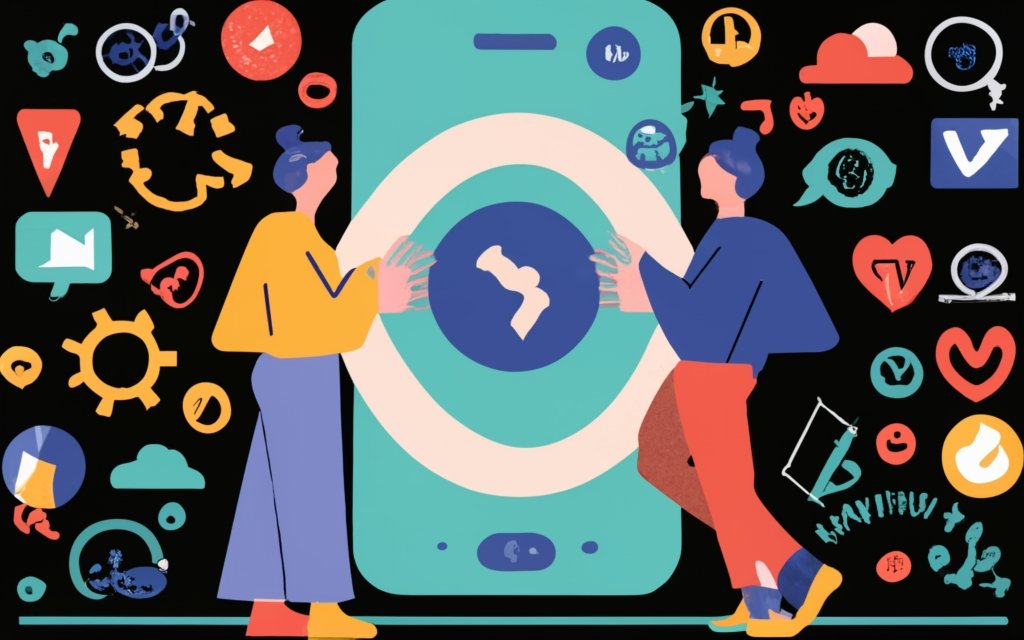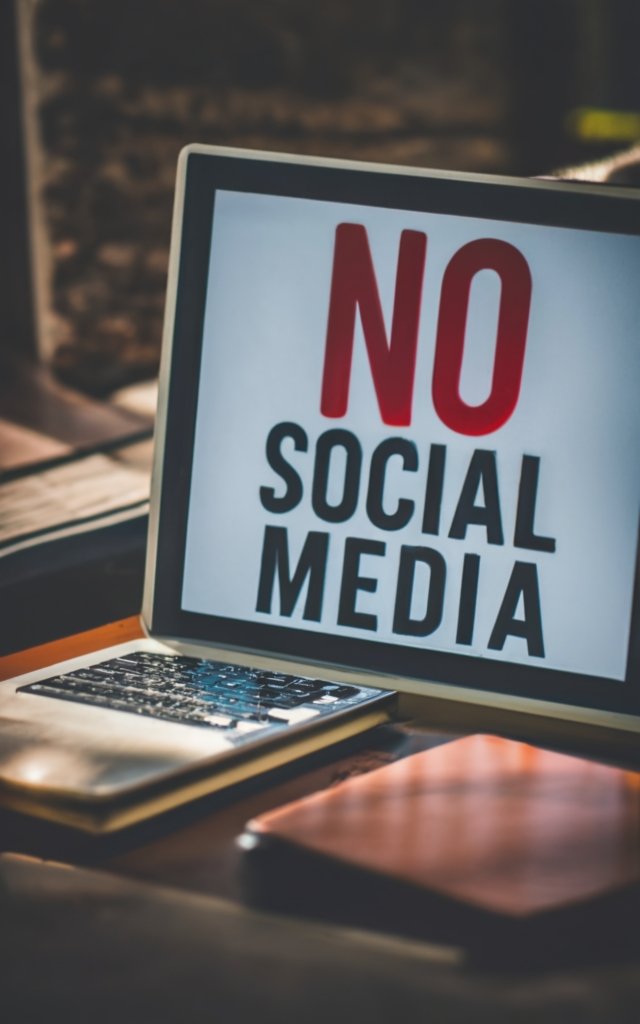Breaking Free from the Social Media Matrix

In an era where scrolling through social media feeds has become as routine as morning coffee, a quiet revolution is taking root. A staggering 28% of U.S. adults have consciously chosen to step back from the digital whirlpool, according to a 2023 Pew Research Center study. “This is not just a trend; it’s a societal shift,” says Dr. Lara Davis, a leading psychologist specializing in digital well-being.
Challenging the Indispensable Narrative

Social media has long been heralded as the ultimate connector. It’s a tool that transcends geographical and cultural barriers to bring people together. But as the digital age matures, a growing number of individuals are questioning this narrative. Statista reports that 35% of Millennials and Gen Z have taken a break from social media platforms.
“Social media has been sold to us as an indispensable part of modern life,” Dr. Davis observes. “But people are beginning to question that. They’re realizing that life may actually improve without the constant influx of updates and notifications.”
Yet, this perspective is not universally accepted. An anonymous expert in the tech industry counters, “Social media platforms serve as more than just venues for social interaction. They are platforms for news, activism, and commerce. To dismiss them as non-essential is to overlook their complex roles in today’s society.”
The Psychological Reckoning
The decision to abstain from social media is a deeply psychological one. A study published in the Journal of Behavioral Medicine reveals that 75% of individuals who engaged in social media fasting reported a significant improvement in their mental well-being.
“Social media fasting is emerging as a form of psychological self-care,” Dr. Davis explains. “People are becoming increasingly aware of the mental and emotional toll constant connectivity can take. They are taking proactive steps to reclaim their mental space.”
The average duration of these fasts is 21 days. Psychologists consider this period long enough to break a habit. This suggests that people are making a conscious choice to redefine their relationship with social media. “This is not about unplugging for the sake of unplugging,” Dr. Davis adds. “It’s about re-evaluating what we plug into.”

The Ethical and Economic Implications

The rise of social media fasting has ethical and economic ramifications. Forecasts indicate that by 2030, nearly 40% of the global population could engage in some form of social media fasting. This has significant implications for tech companies whose business models are predicated on user engagement and data collection.
“Tech companies need to take this trend seriously,” warns Dr. Davis. “It’s not just about losing users; it’s about losing trust. There’s a growing demand for ethical tech practices, and companies that don’t adapt may find themselves becoming obsolete.”
The potential economic impact is also non-trivial. A decline in user engagement could lead to a corresponding decline in advertising revenue. “Companies will need to diversify their revenue streams or risk becoming irrelevant,” Dr. Davis notes. “The era of monetizing attention at the expense of user well-being is coming to an end.”
A Societal Shift in the Making
As we navigate the complexities of the digital age, the trend of social media fasting serves as a mirror reflecting our evolving relationship with technology. “This is not a phase; it’s a societal shift,” Dr. Davis concludes. “The conversation about our digital well-being is far from over, and it’s a dialogue that we all need to be a part of.”
In a world increasingly defined by likes, shares, and retweets, the act of consciously logging off is a revolutionary one. It challenges our perceptions of necessity, questions the psychological impact of constant connectivity, and forces us to confront the ethical and economic dilemmas of our digital lives. As more people opt for a life less logged in, the social media matrix is beginning to crack. It reveals a reality that many have long forgotten or never known—a life where we are connected not by algorithms but by genuine human interaction.
The act of disconnecting from social media is not merely a personal choice; it’s a societal statement. It’s a collective pause, a moment to breathe in a world that often feels like it’s moving too fast. And as this trend gains momentum, it’s forcing us all to stop and reconsider what truly matters. It’s a wake-up call, not just for individuals but for society as a whole. And as we heed this call, we find ourselves breaking free, not just from the social media matrix, but from the limitations we’ve unknowingly placed on our lives.



